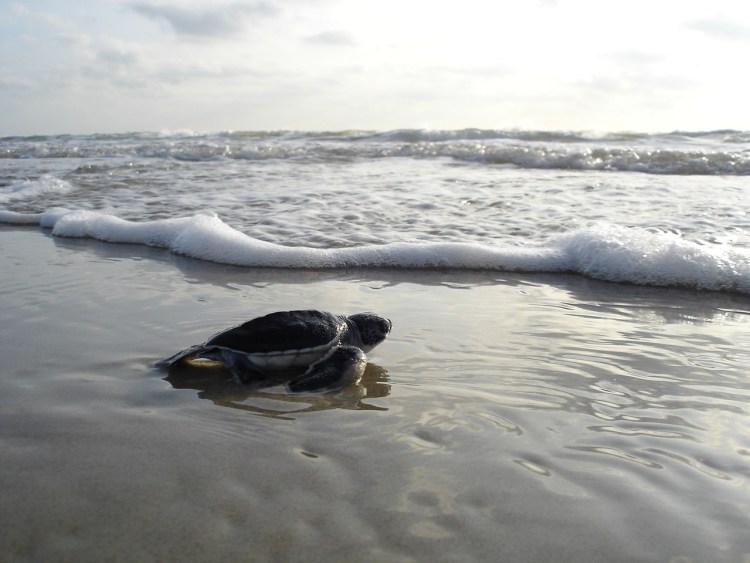by Laura Parker Roerden
Work is love made visible. – Kahil Gibran
 My father chose to be a farmer. By doing so, he was following in his own father’s footsteps and making good use of 62-acres of established farmland. But it was what some might call a cynical decision.
My father chose to be a farmer. By doing so, he was following in his own father’s footsteps and making good use of 62-acres of established farmland. But it was what some might call a cynical decision.
You see, my dad had been offered a spot on a minor league baseball team coming right out of high school. Farm boys were better conditioned than a lot of other athletes in those days before advances in weight training and sports nutrition. My father could send a baseball from center field to home plate like a bullet fired from a gun, his muscles trigger ready from coming of age chucking hay bales and carrying grain and water for hours on end. He talked to the scouts about his real odds of making it to the majors. He considered the farm that awaited him. He chose the farm.
We hear a lot nowadays about how we should pursue our dreams; do work we love. I suspect that my father would have said (even then) he loved to farm. But I doubt he loved farming more than playing baseball or that his dream of making it to the big leagues was easily dismissed when he was given the opportunity to take the next step towards realizing it. And yet, he chose to farm and said he never looked back.
So what does it really mean to follow your passion or to do the work you love? Does it mean your work is an endless party? Or simply that you find it meaningful at the end of the day? Do you know you’ve found work you love because you can do it for hours on end? Or is it when you feel that passion is your internal driver, rather than money? Or does a childhood dream become your guide for a passionate life?
I suspect my father would have said loving your work is about none of the above.
A few years ago, I hosted a neighborhood reunion at the farmhouse. All five children from the Goff clan, our neighbors up the street while we were all growing up, were home for Thanksgiving from far flung places like Minnesota and Pennsylvania. We drank too much wine in front of a fire, grabbed flashlights and climbed through the cobwebs in the barn, all the while doubled over in laughter as we shared stories about our adventures on the farm.
Marty, the oldest Goff, shared a memory he had of my dad that I had never before known about. My father had only recently died, so hearing Marty’s story was like finding a lost chapter of a well-loved book that had previously pained me every time I had reread the last printed word.
Marty was only 11 when he joined the other neighborhood boys his age in working at our dairy. As the story goes, he arrived that first day and my dad asked him to shovel manure. Hours later, sweating and slightly sick from the smell, my dad checked on him and asked how he liked the job he had been given.
“I didn’t like it, Mr. Parker.” Marty confessed. “It smelled real bad, and I was up to my knees in poop.” But it was quitting time and Marty went home for supper, where his grandmother hosed him down and washed his clothes.
Marty came back the same time the next day, where he again was given the job of shoveling manure. Three hours later, my father again asked, “So, how did you like the job I gave you today?”
And Marty answered, “I didn’t really like it. It’s too smelly, Mr. Parker. And I don’t like standing in poop.”
On the third day, before he started work, my Dad said, “Well, Marty, do you still want to work here?”
And Marty said, “Yes.”
Still concerned, my dad asked, “But what about the smell?”
Now understanding what my father was trying to teach him, Marty answered. “What smell?”
My father gave him a new job.
I laugh upon hearing this story until tears gently roll down my face. This gift from Marty has such deep resonance to it; I can not tell if it is joy or sorrow I am feeling. But like most days I spent with my father when he was still alive, on the back of a tractor or helping muck myself, there is always the sense that the small pieces flutter into wholeness and meaning when we bring ourselves fully to a task.
Marty is now a labor leader for hotel unions in Minneapolis and tells this story of the farmer who lived up the street when he speaks at conferences. I, too, often think of my father’s quiet wisdom, usually when I myself am standing in manure. Life may not (yet) allow us to do what we love. But there is always the option to do the work we now do with great love—even the unsavory parts.
Like this:
Like Loading...

 Laura Parker Roerden is the founding director of Ocean Matters and the former managing editor of Educators for Social Responsibility and New Designs for Youth Development. She serves on the boards of Women Working for Oceans (W20) and Earth, Ltd. and is a member of the Pleiades Network of Women.
Laura Parker Roerden is the founding director of Ocean Matters and the former managing editor of Educators for Social Responsibility and New Designs for Youth Development. She serves on the boards of Women Working for Oceans (W20) and Earth, Ltd. and is a member of the Pleiades Network of Women.































